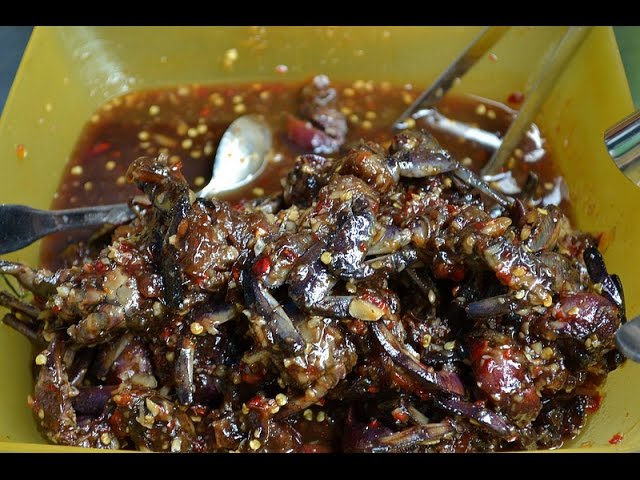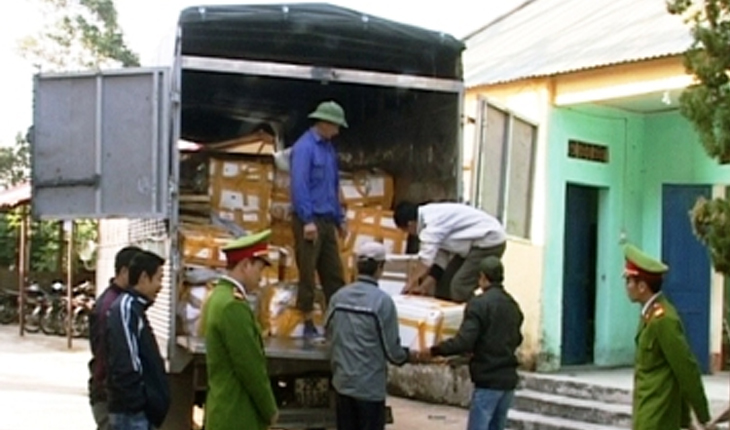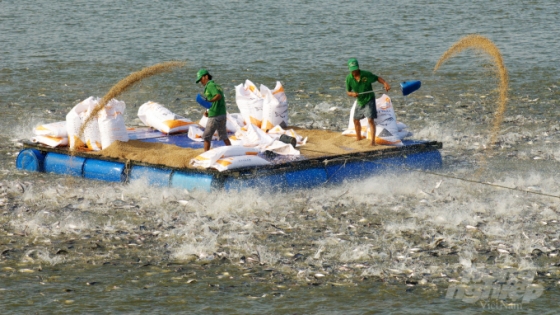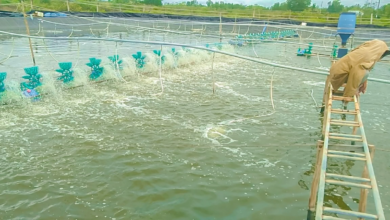Tuna industry and fishermen face challenges as year-end approaches
As year-end approaches, tuna processing and export businesses are struggling to secure pure-origin raw materials necessary to meet new year orders and benefit from preferential tariff quotas.
A significant cause is the grounding of numerous fishing vessels in three key tuna-producing provinces. These boats are unable to operate due to requirements set by Appendix V of Decree 37/2024/ND-CP, which restricts the capture of skipjack tuna smaller than 500 mm in length.
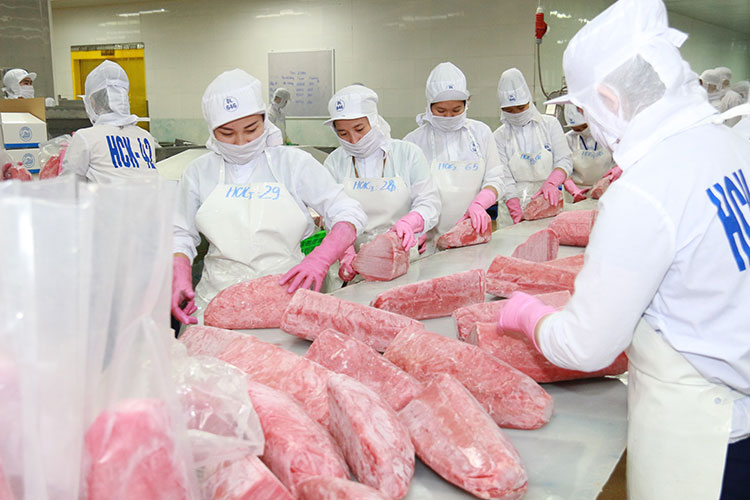
Tuna price decline impacts fishermen’s livelihoods
Over the past two months, tuna prices have dropped sharply, putting financial pressure on fishermen. Industry insiders report that new regulations limiting skipjack tuna catches have led to reduced demand from export businesses, further driving down prices. Under the amended Decree No. 37/2024, effective September 15, processing companies cannot receive export certificates if they purchase skipjack tuna below the 500 mm limit. This has slowed the sale of smaller skipjack tuna, causing a backlog and depressing market prices.
In several regions, skipjack tuna prices have plummeted to 19,000–20,000 VND/kg. Even with substantial catches, the cost of each fishing trip, which often reaches 200–300 million VND, leaves boat owners with little to no profit. Rising labor and operational costs add to the burden, forcing many owners to leave their boats docked. This inability to fish reduces household incomes, affecting the livelihoods of fishing communities.
According to industry reports, if these issues persist, Vietnam’s tuna processing and export sector may face critical raw material shortages.
Competitiveness declines in global markets
Data from Vietnam Customs shows that canned tuna is the second most exported tuna product, contributing over 30% of total export revenue. The United States, Israel, and the EU are the primary importers of Vietnamese canned tuna. However, trade agreements require that exported tuna receiving tariff reductions must be of pure origin, caught by vessels from Free Trade Agreement (FTA) member countries and processed in Vietnam.
Vietnamese canned and frozen steamed tuna loins (HS16 code) face a 24% tariff in the EU—a significant disadvantage compared to competitors like the Philippines and Ecuador, which benefit from preferential tariffs, and China, which enjoys zero tariffs under the Autonomous Tariff Quota (ATQ). This tax disparity reduces the competitiveness of Vietnamese tuna products in global markets.
While demand for export orders is rising to meet year-end and early-year holidays, domestic raw material reserves have been depleted, leaving enterprises with limited options and growing challenges in fulfilling orders.
Fisnews



